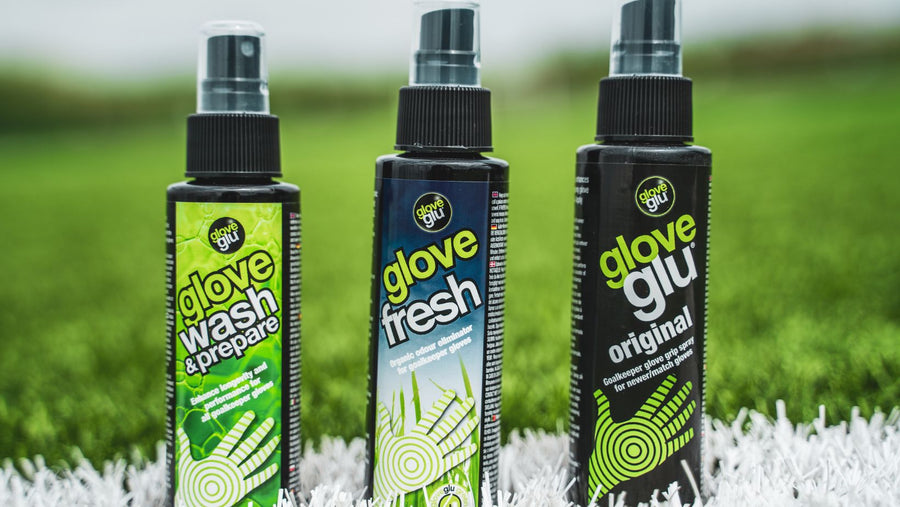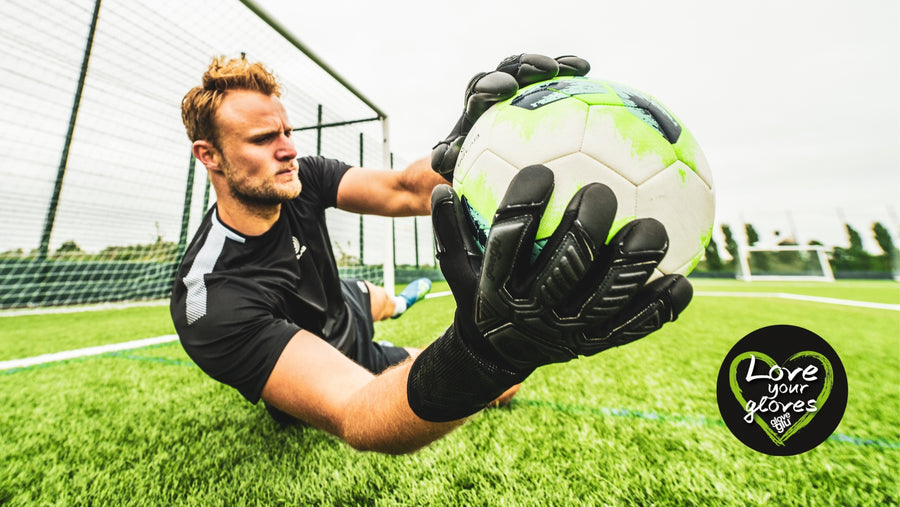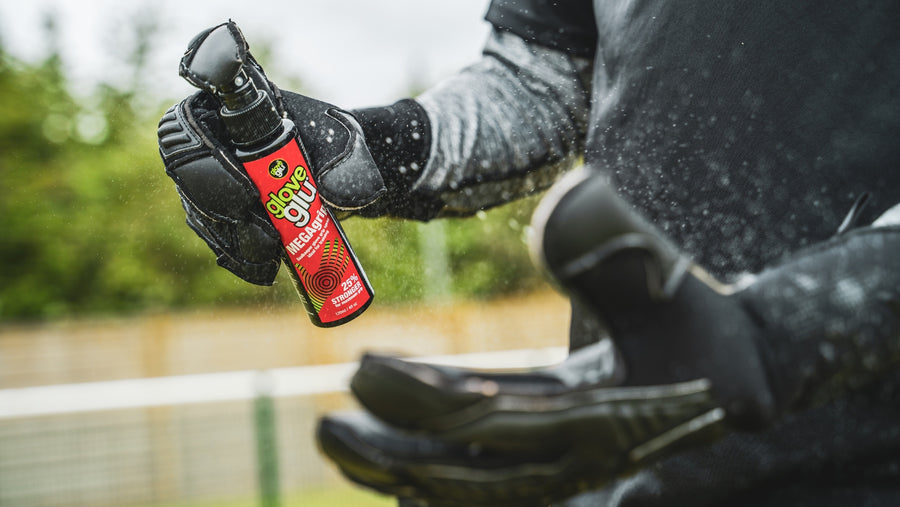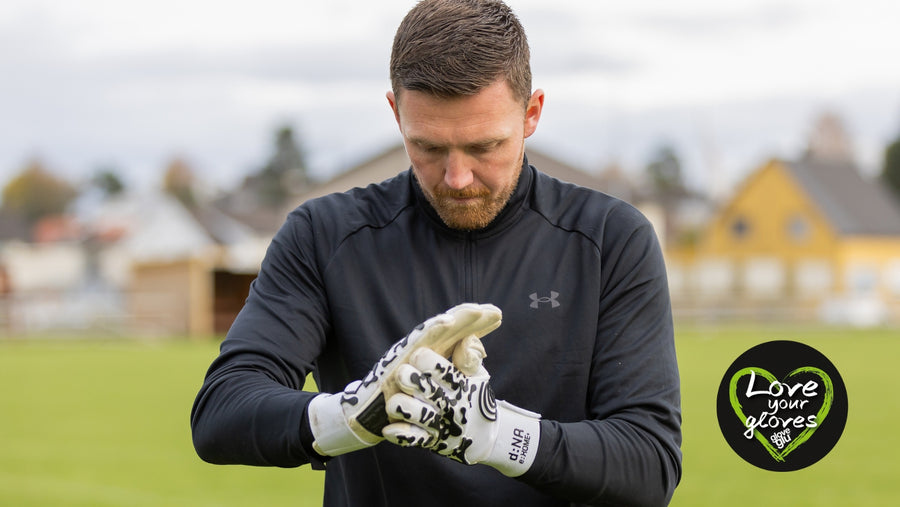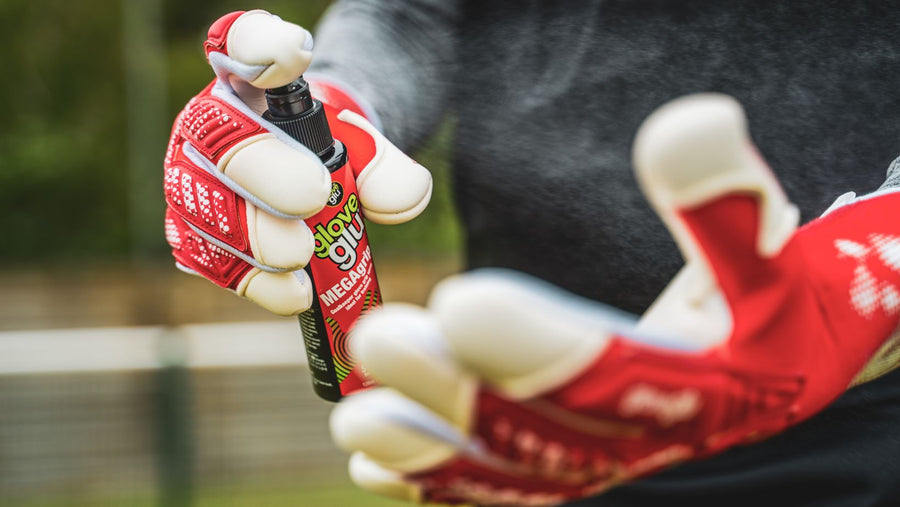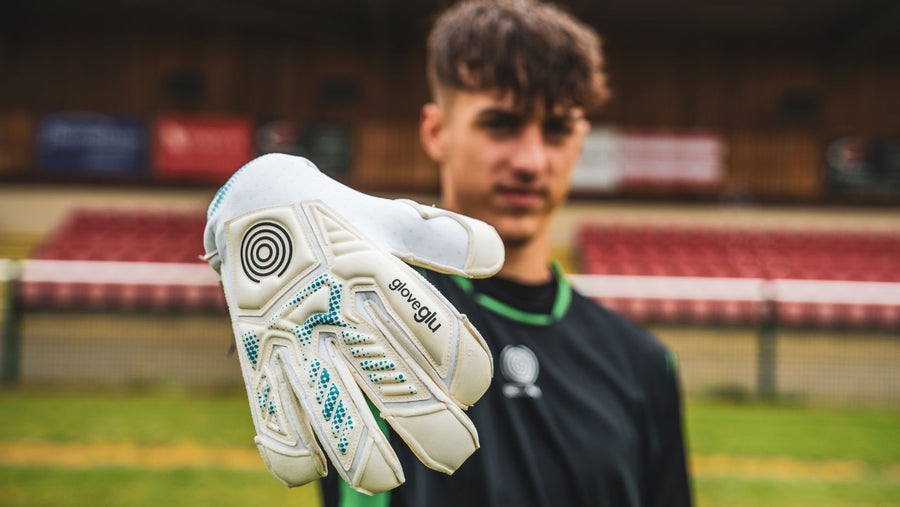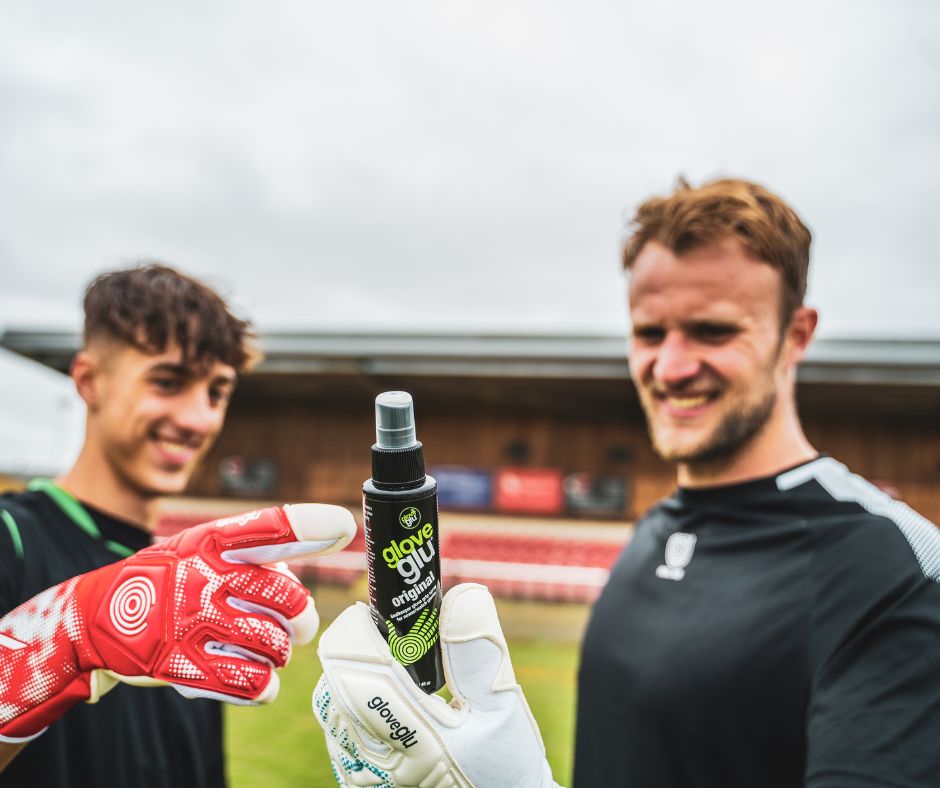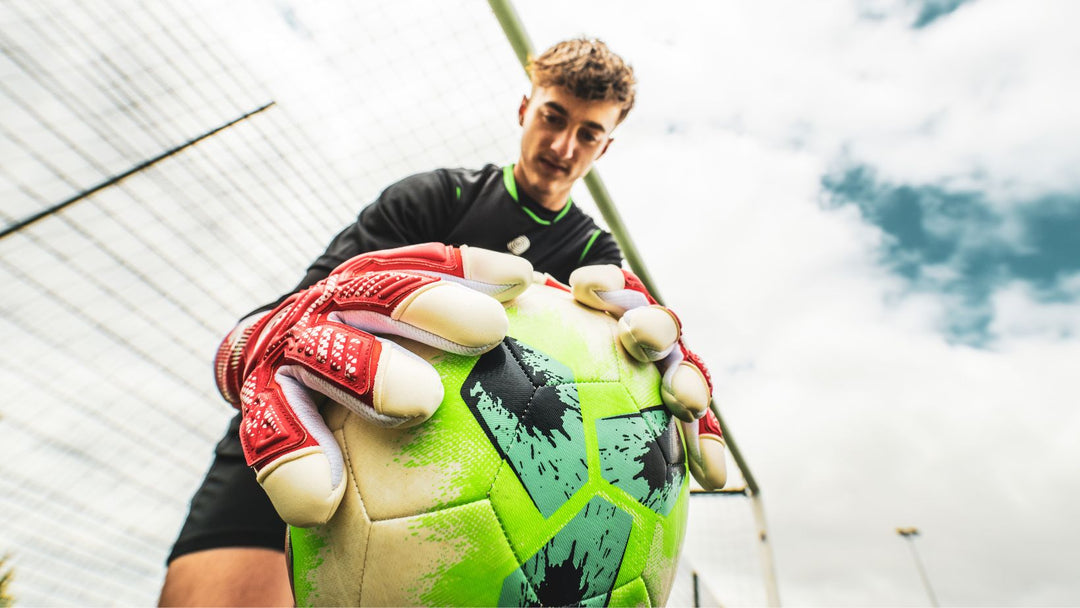Life as a pro: I don’t handle injuries well
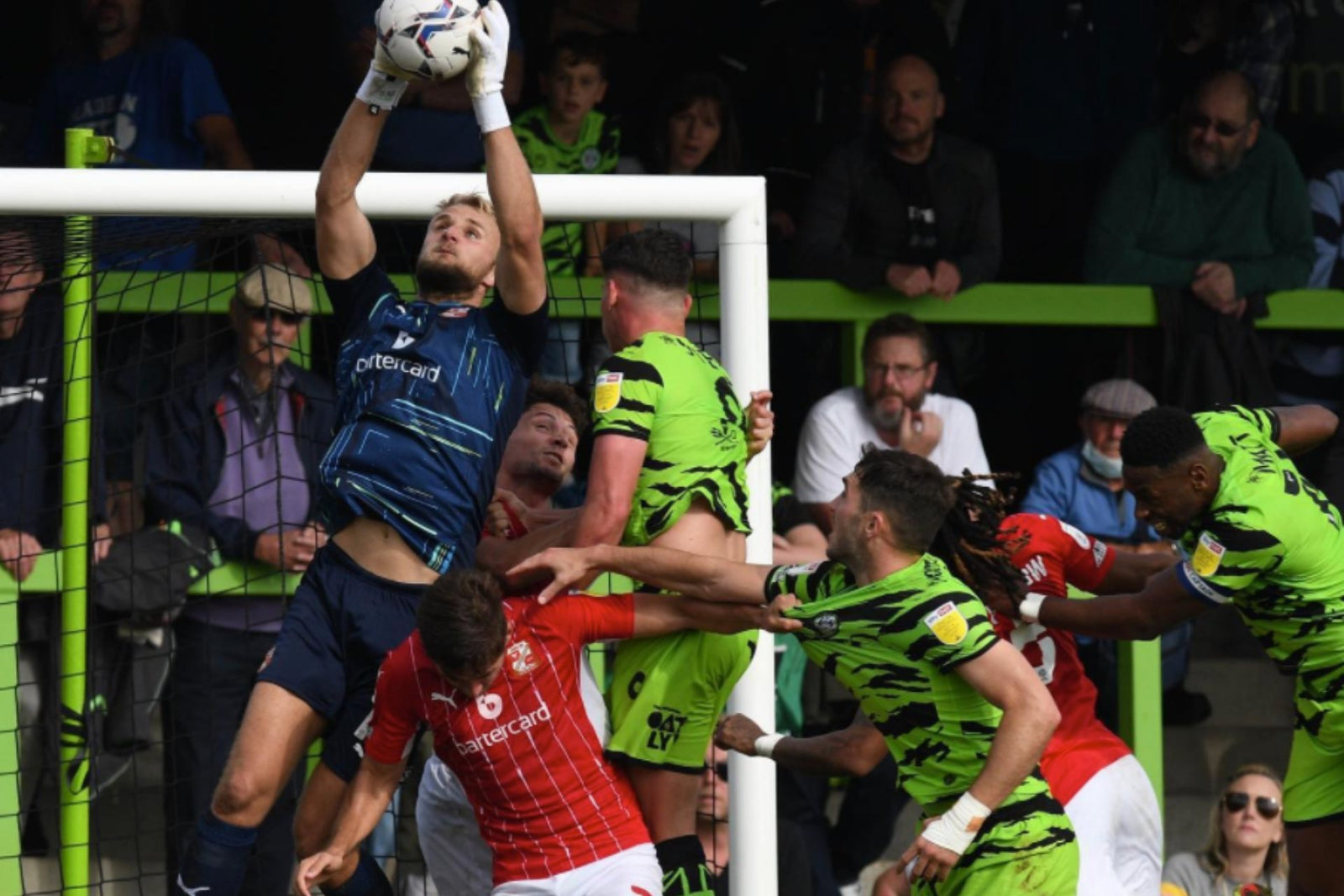
I’m not sure any of us do. When you’re playing week in week out injuries are the last thing on your mind. However, unfortunately this isn’t the case. Injuries are a part of football and no matter how much you try to prevent them sometimes they just can’t be avoided.
There are the overuse and fatigue injuries that the physios and sports scientists are always trying to prevent with gym, rehab sessions, monitoring training, and game distances. Yet football is a contact sport, which means that other players may be involved whether it’s a badly timed tackle or an accidental clash of heads.
Unfortunately, during the last two seasons, I have suffered two injuries. The lengthy arm break and an ankle ligament rupture. The case with both injuries was just unfortunate timing, there was no dangerous play in the incidents and they were both just one of those “footballing incidents”. When I broke my arm, it was tough mentally, to begin with as I knew I was going to be out for a minimum of 3 months. This was due to the healing time required after the surgery and then the need to build the strength back up in my arm due to the inactivity while broken and then the need for it to be strong to take the impact of landing on it again from diving. For my ankle injury, I was actually lucky that the time scale was shorter. The severity of the injury could have been a lot worse, and I was very fortunate to finish the game and walk away with only ligament rupture and not fracture and severing tendons.
With both injuries sadly there was no rushing them and time was the only healer. If I’d pushed my arm break back too early after the surgery, and it didn’t have enough time to become strong, I could have caused further problems and potentially rebroken it, and possibly had to have another operation. With my ankle, if I had tried to do too much on my weakened ligament I could have risked making the injury worse.
People may not know all the repercussions of being injured, there are the physical, psychological, and social sides that people may not realise. The obvious one is the physical side of the injury, sustaining damage to a muscle, ligament, bone or tendon whether it be a break, tear or a strain. These are the main injuries that physios try to avoid as they are either overuse, fatigue, or just bad luck which was in my case. It is important to listen to your body as well as a little niggle treated early can generally prevent something more serious from happening.
For me and many other players, it is also the psychological effect that it has. This can be due to the type/length of injury sustained. I find missing training every day and not playing at the weekend was tough and for some players, if they’ve sustained a nasty injury due to a badly timed tackle it can take them a while to get over the trauma and believe that they are strong enough to go into a challenge again. Potentially for goalkeepers who may have suffered a head injury when diving at the feet of a player it can take a while to build back the confidence to do this again.
It can also make a difference whether there are other players out injured when you suffer an injury, as it can be quite an isolating time. We obviously have the support of the physios and the sports scientists but that’s for a short time during the day so sometimes it is just you and the gym equipment, and it can be tough not being involved in full team training.
Once you have overcome all the obstacles of the rehab there’s no better feeling knowing that you are going back into training with no restrictions, and you are back available for selection.
